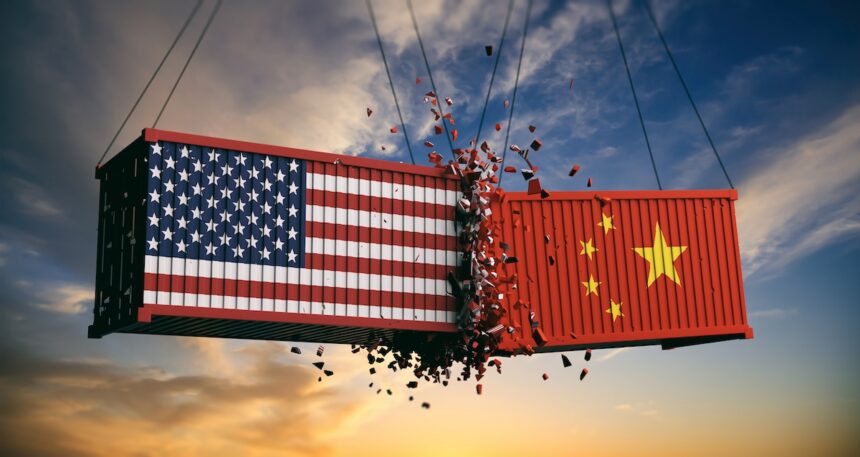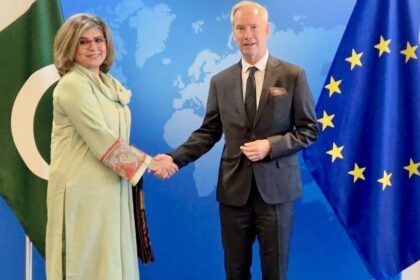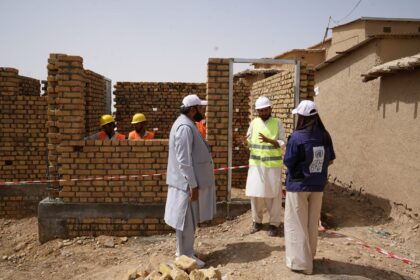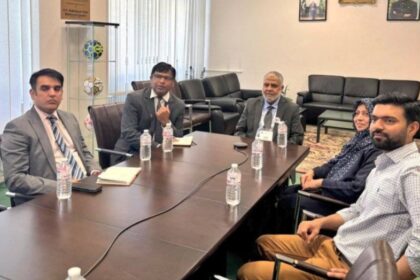The United States and China have agreed to extend their existing tariff truce for 90 more days, stepping back from the brink of a steep increase in trade duties that threatened to double tariffs on a wide range of goods and disrupt the flow of commerce between the two major economies.
US President Donald Trump announced the extension by signing an executive order that suspends a planned escalation in tariffs on Chinese imports. The current tariff rates of 30 percent on Chinese products entering the US and 10 percent on US goods exported to China will remain unchanged during the new truce period. China has matched the move, putting on hold its own tariff increases on American products for the same duration.
This temporary arrangement is expected to benefit US retailers, particularly in the run-up to the Christmas shopping season, by reducing the possibility of sharp price hikes on items such as electronics, clothing, and toys. The decision follows recent diplomatic efforts, including direct conversations between President Trump and Chinese President Xi Jinping, and reflects incremental progress in negotiations over longstanding disputes on trade imbalances, national security, and market access.
The executive order accompanying the extension noted that China has taken significant steps to address American concerns, contributing to a noticeable reduction in the US trade deficit with China, which has now reached its lowest point in over twenty years. Economists and trade experts say the move injects much-needed stability into global markets; former US trade official Wendy Cutler described it as an indication that both nations remain committed to finding a comprehensive agreement.
In addition to trade issues, Washington has recently urged Beijing to stop purchasing Russian oil in an effort to increase economic pressure on Moscow amid the ongoing conflict in Ukraine. President Trump has cautioned that a breakdown in cooperation with China could reignite tariff escalations and renew trade tensions.
With the new truce in place, both countries have bought valuable time to pursue further negotiations, avoiding an immediate escalation and keeping hopes alive for a more lasting resolution to their economic differences.











